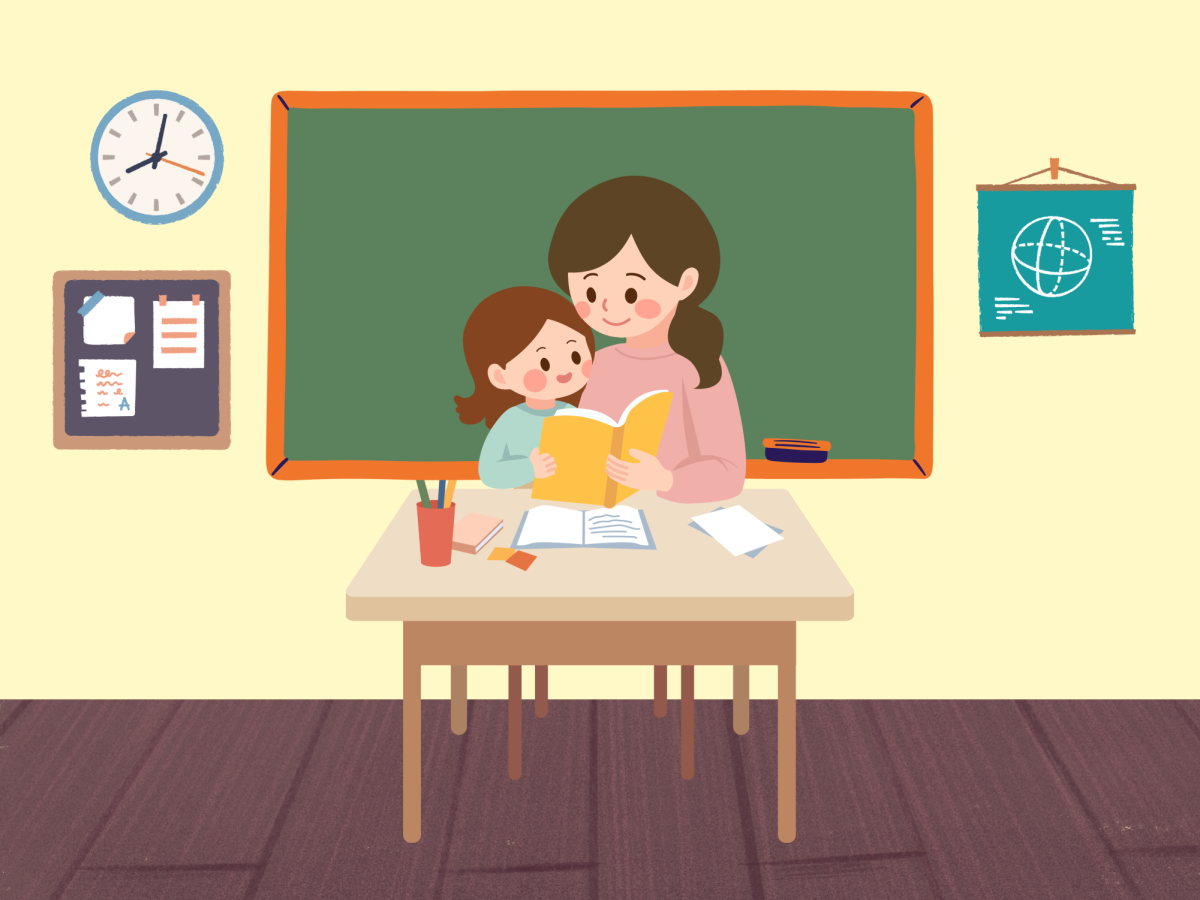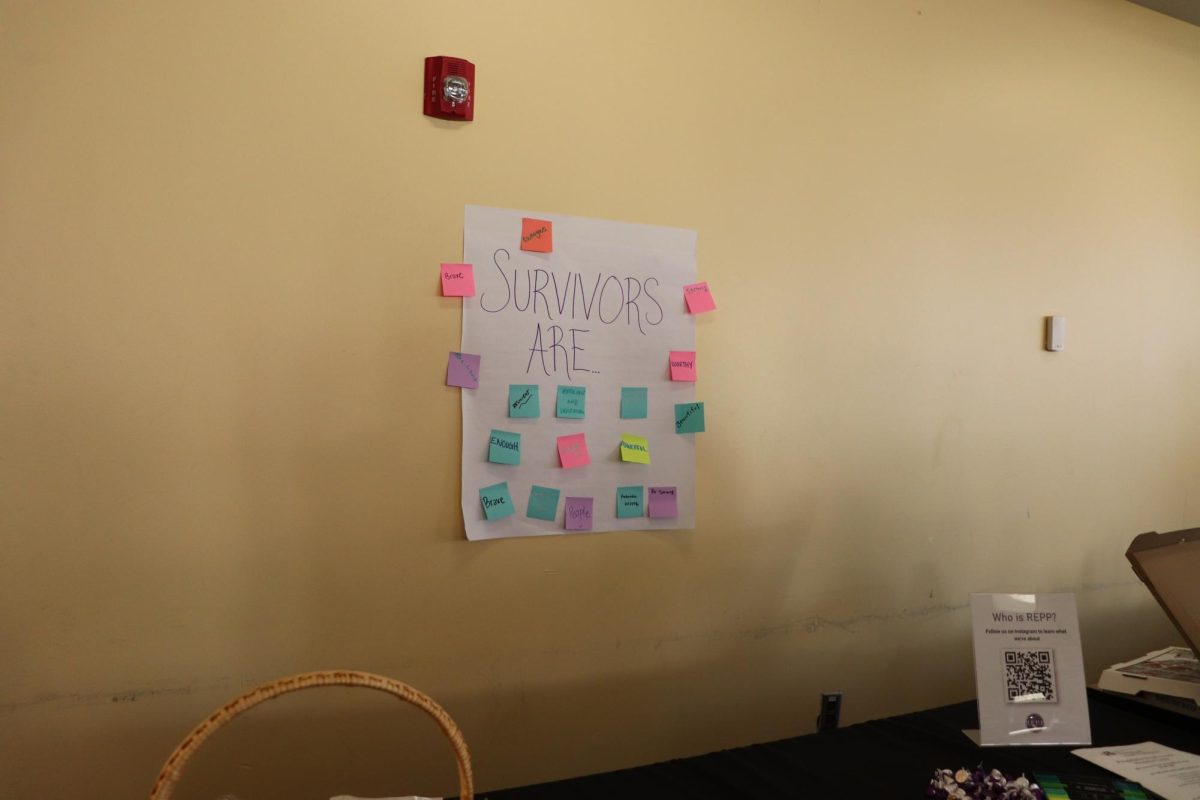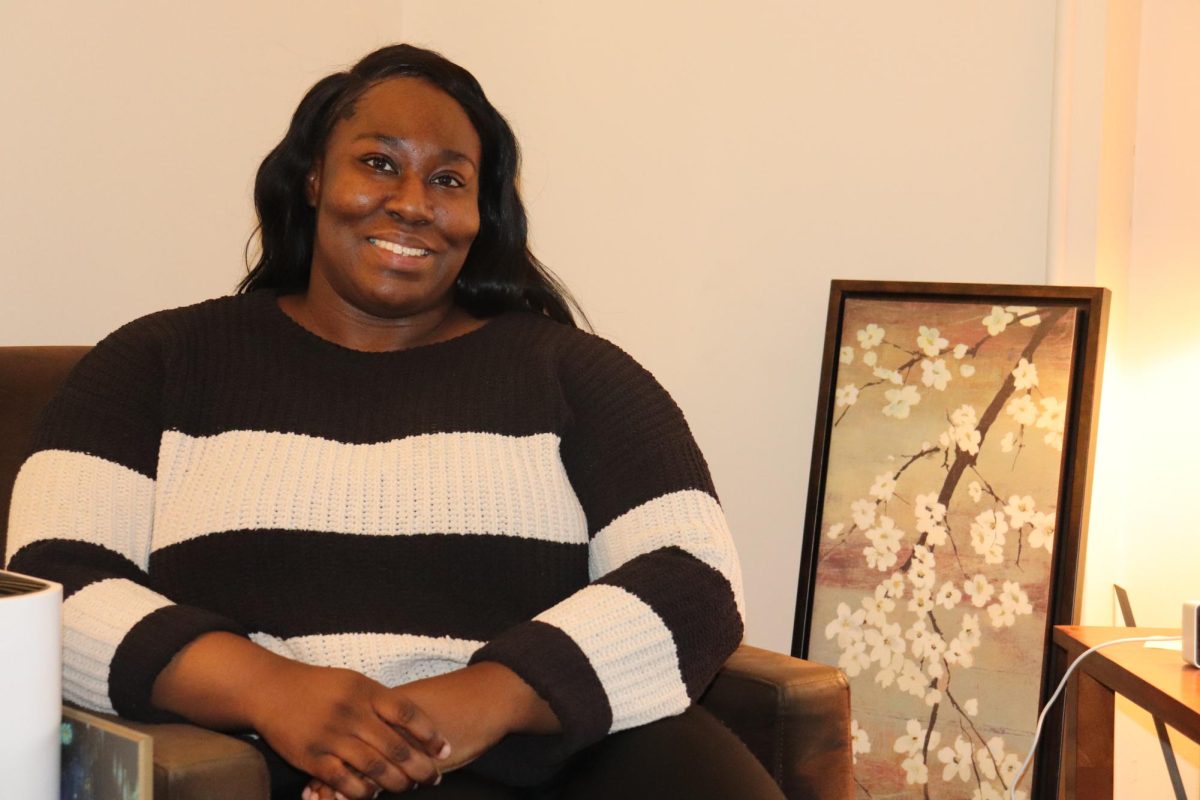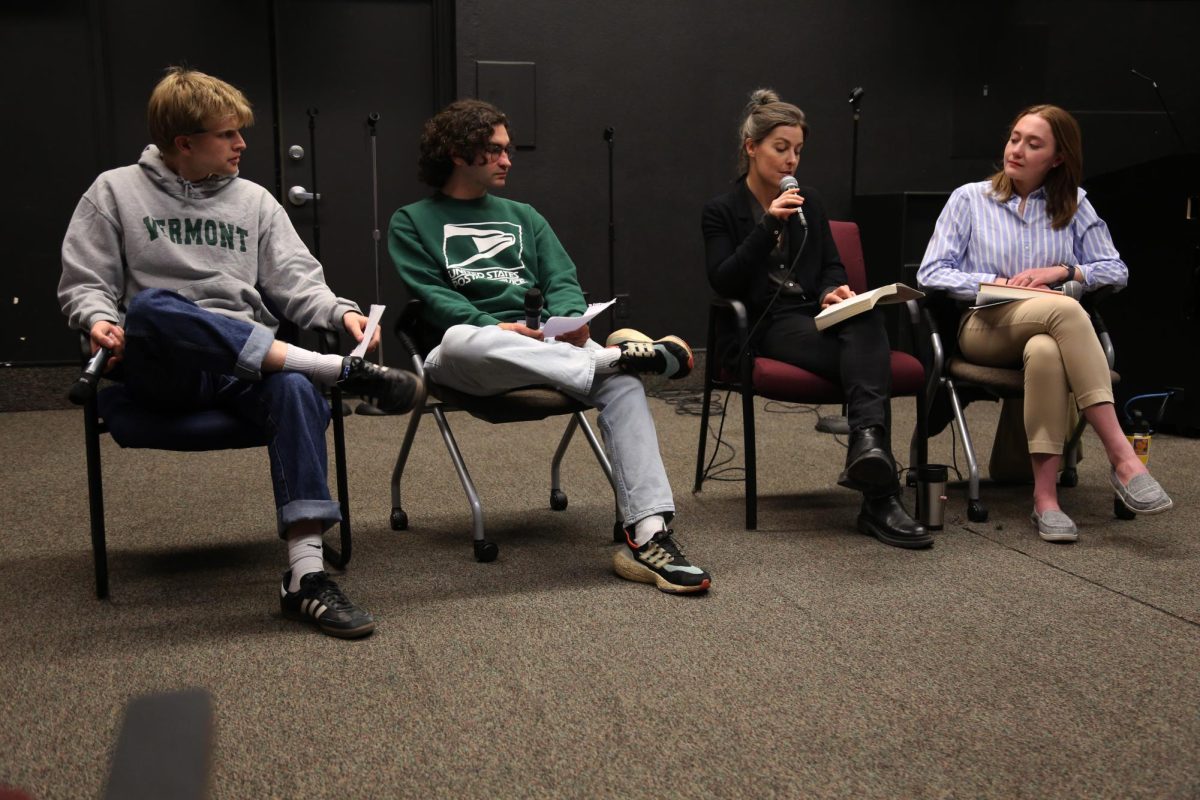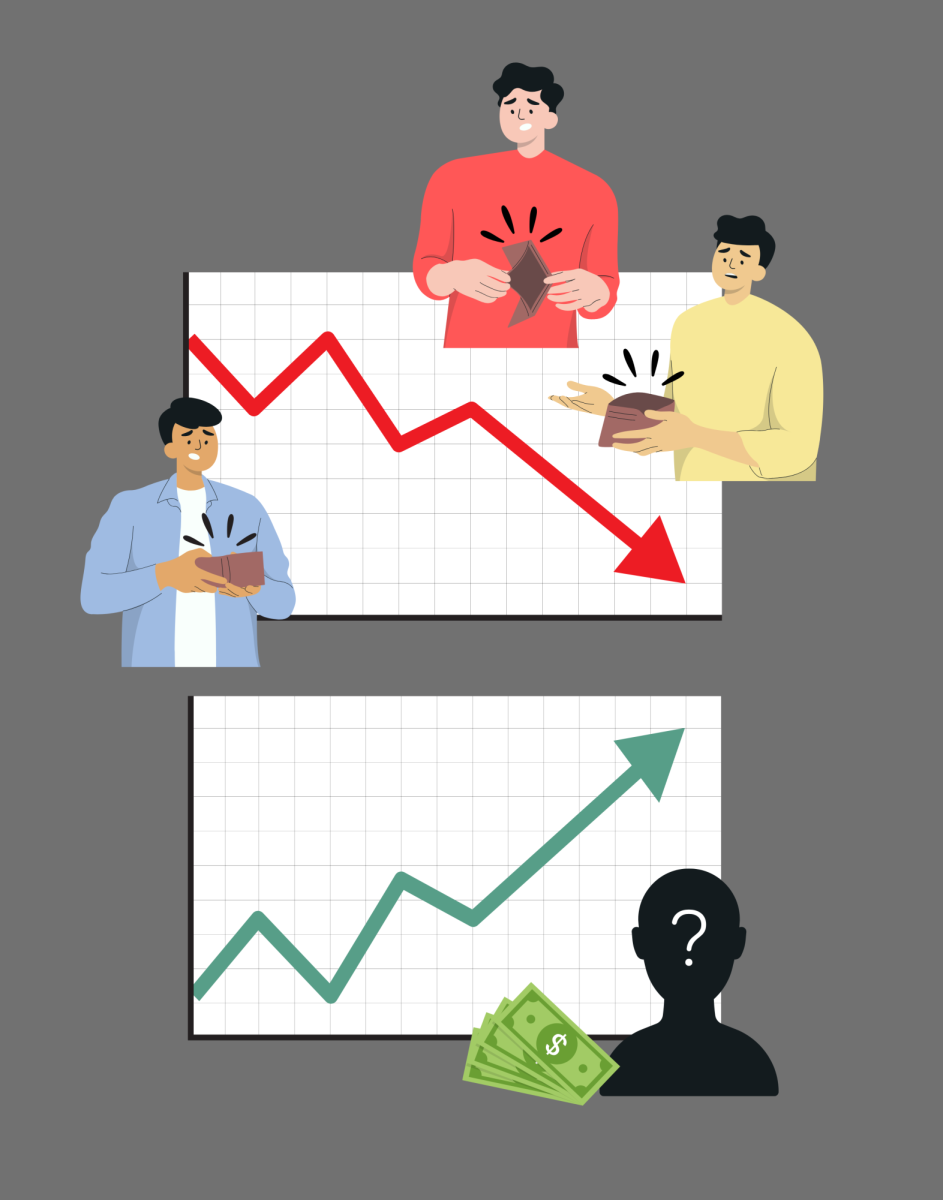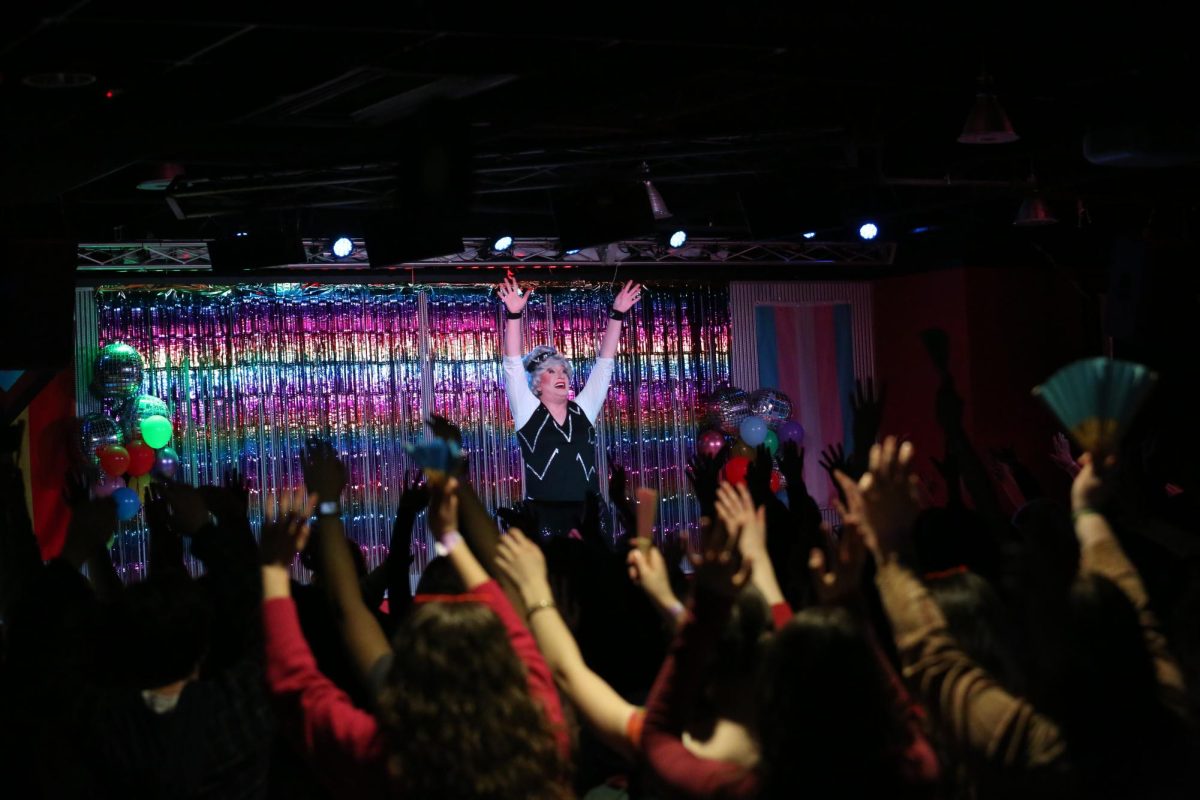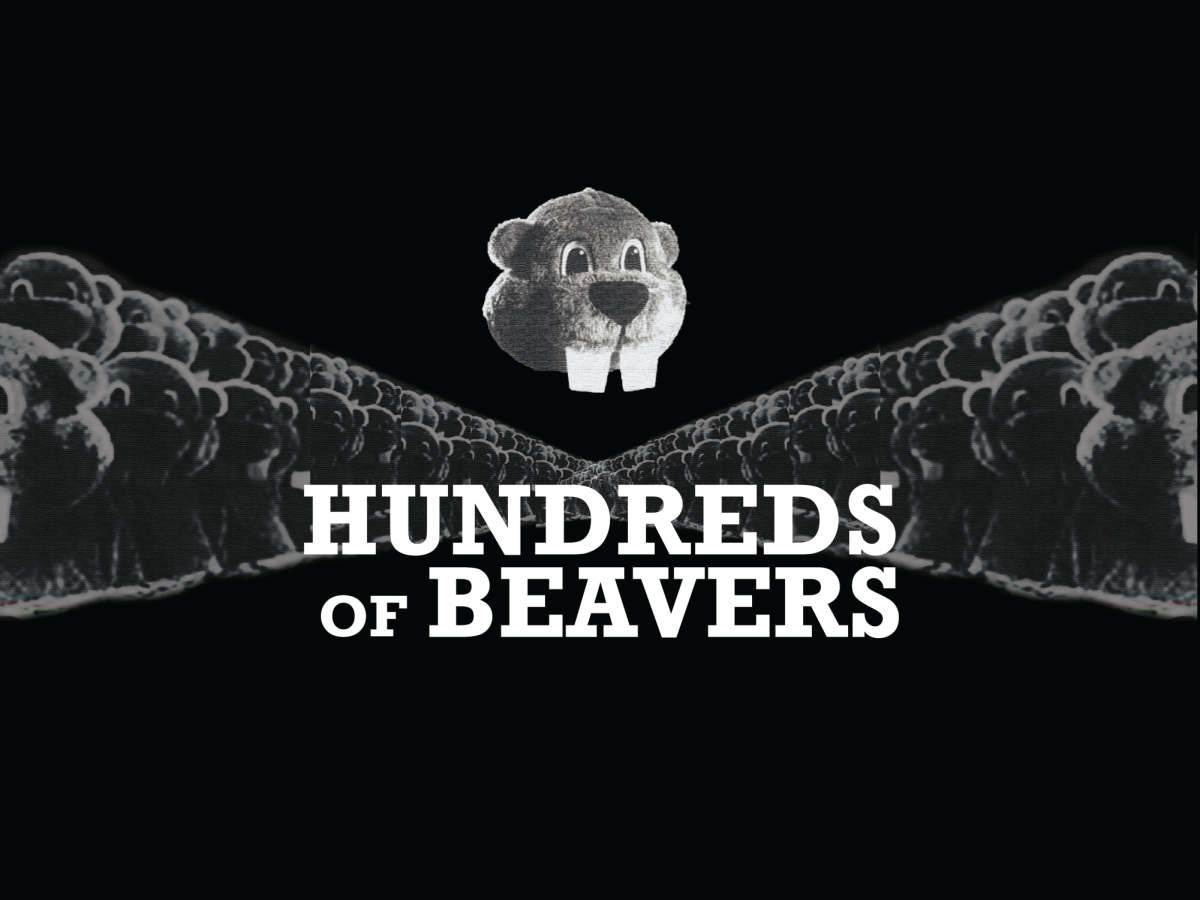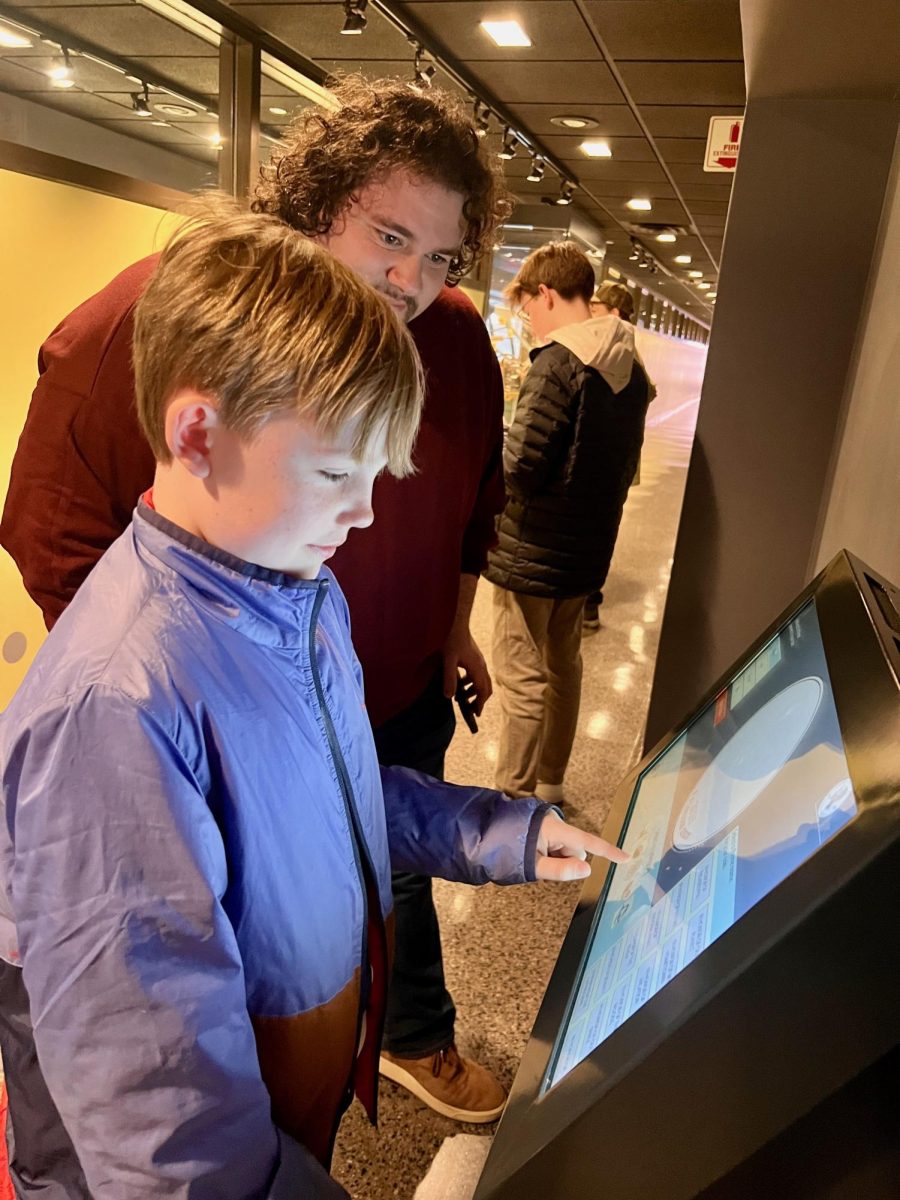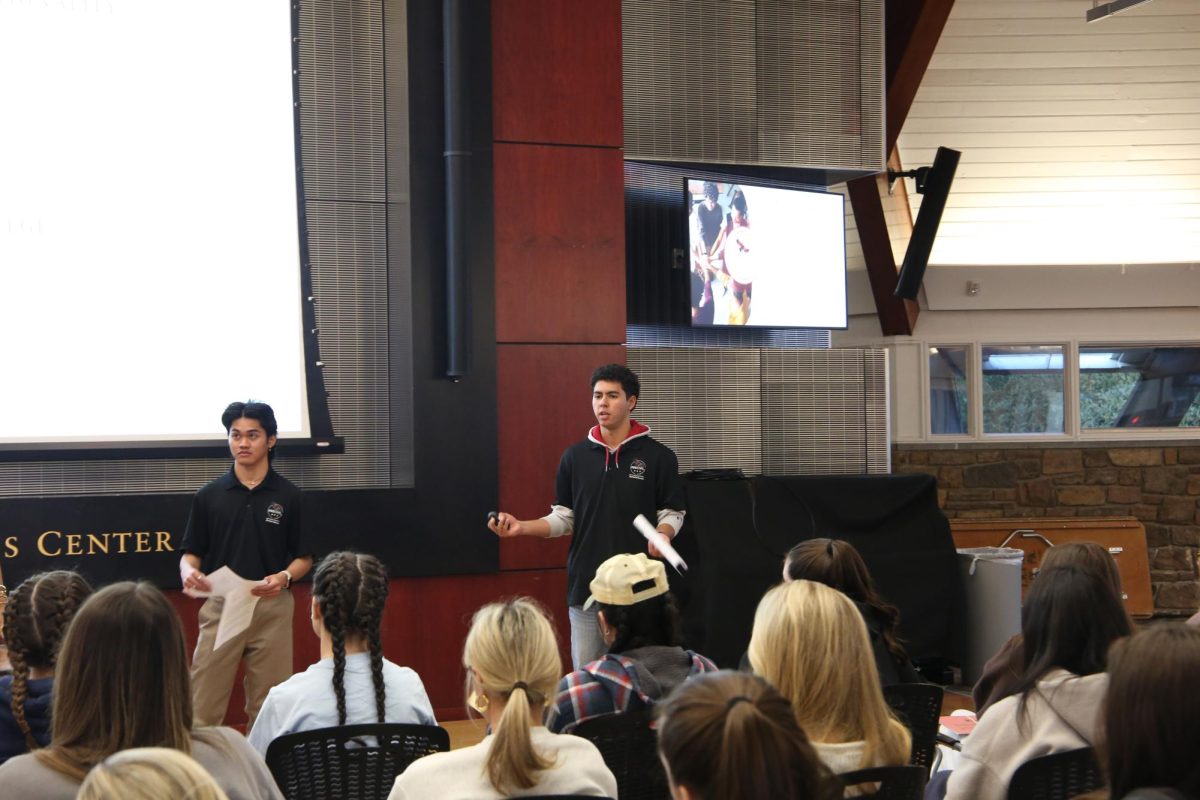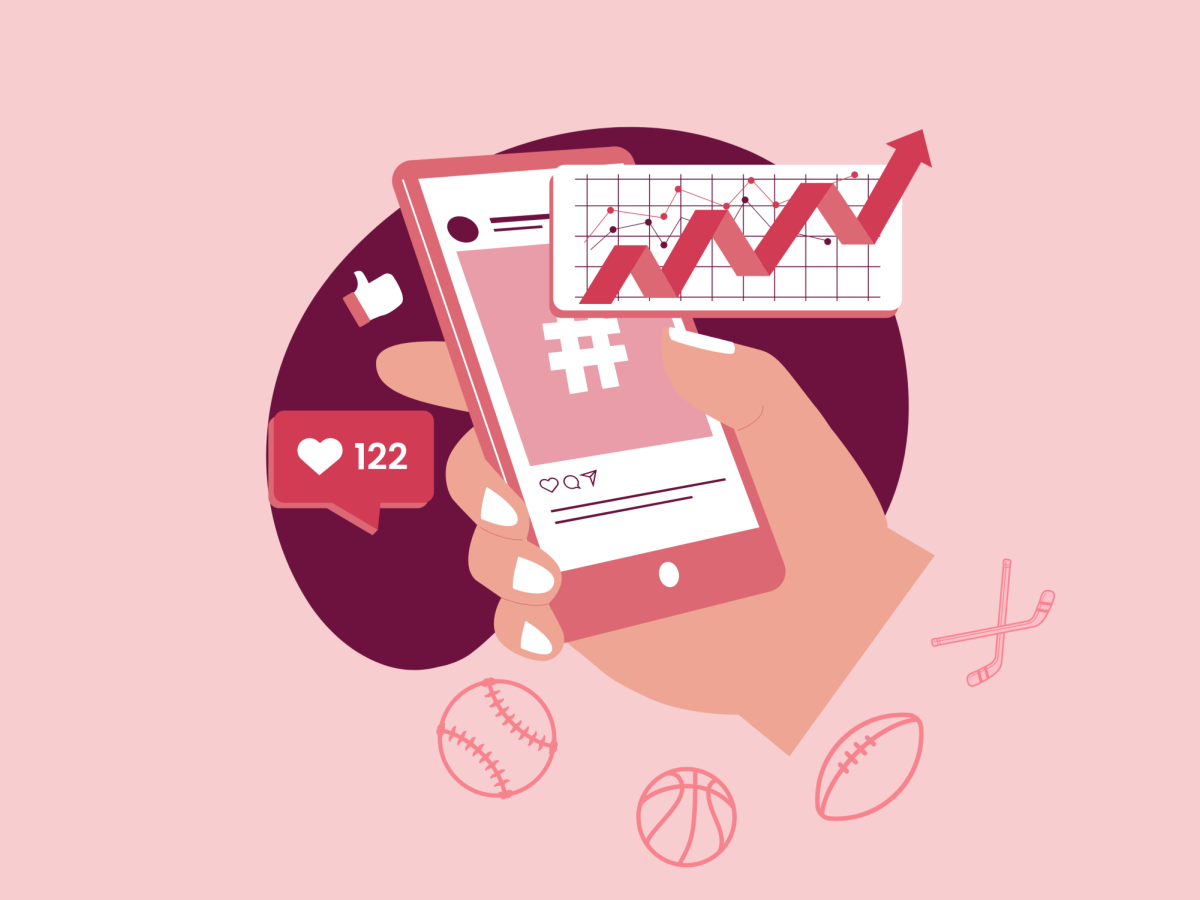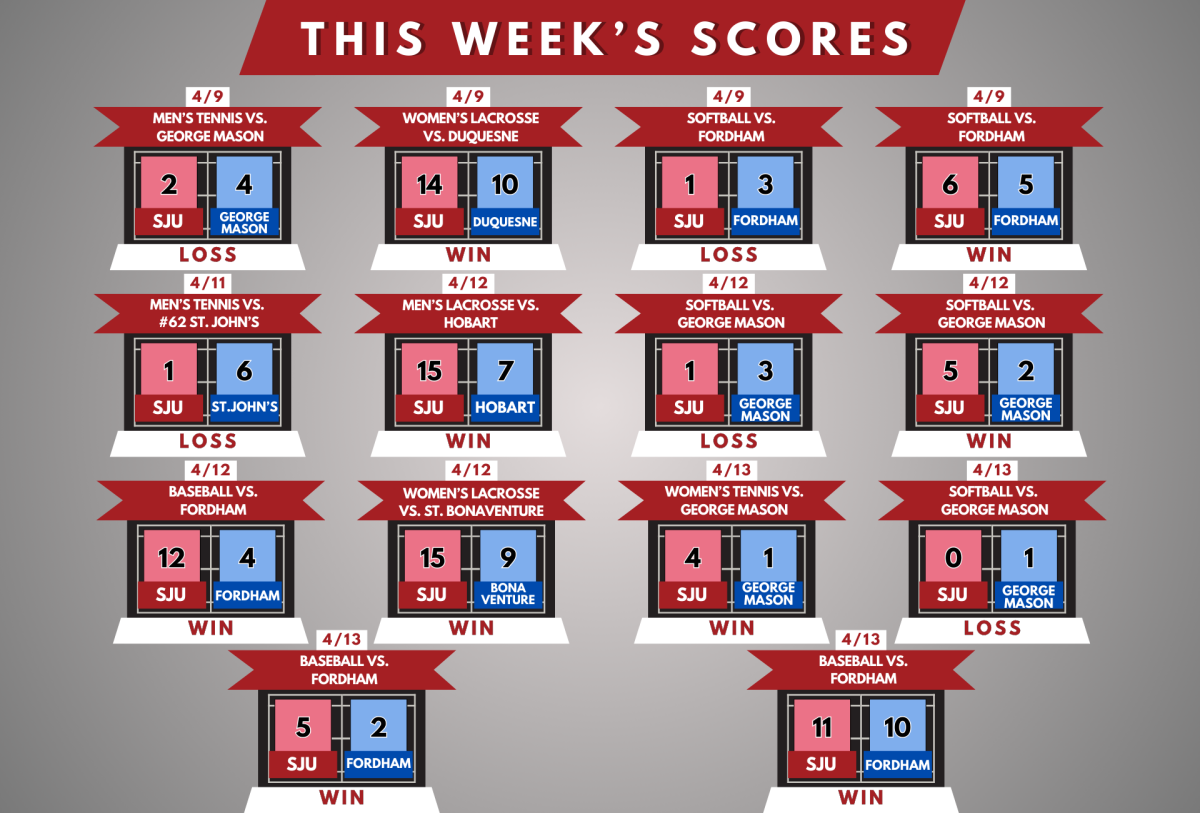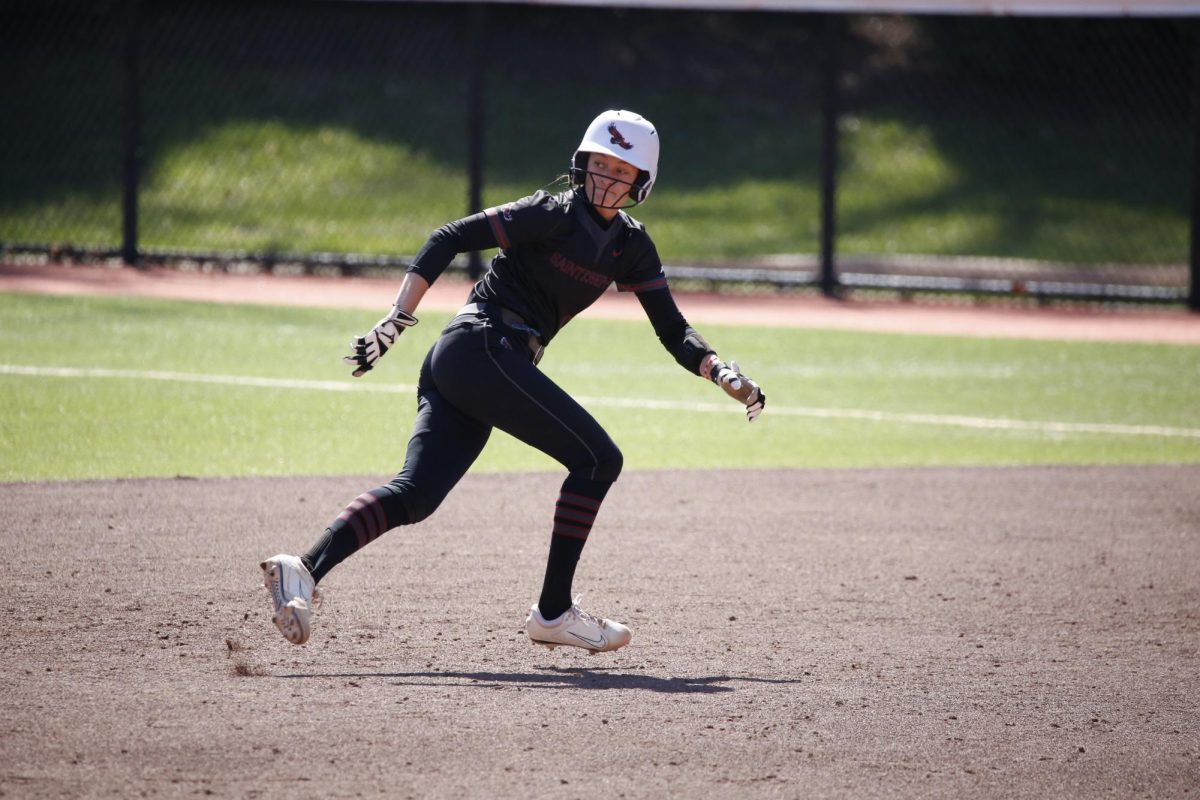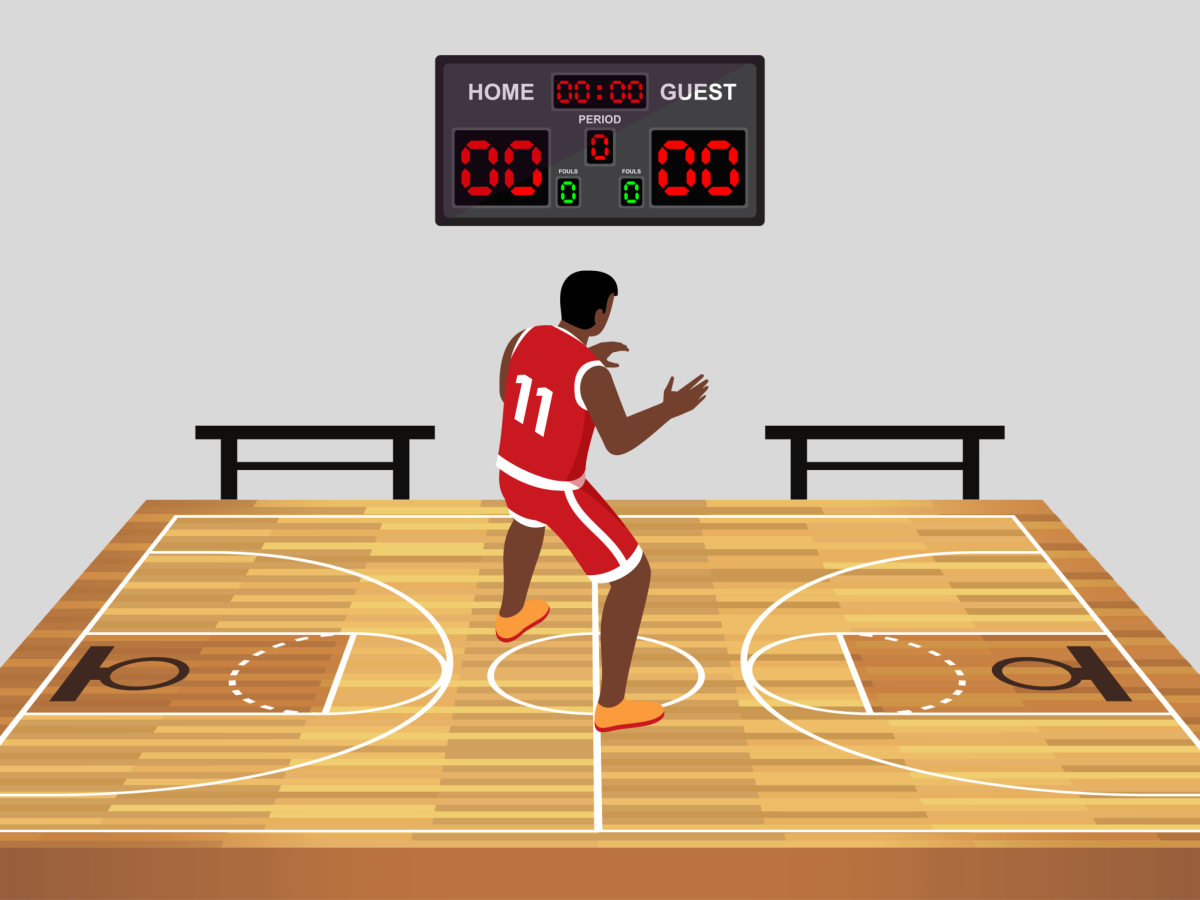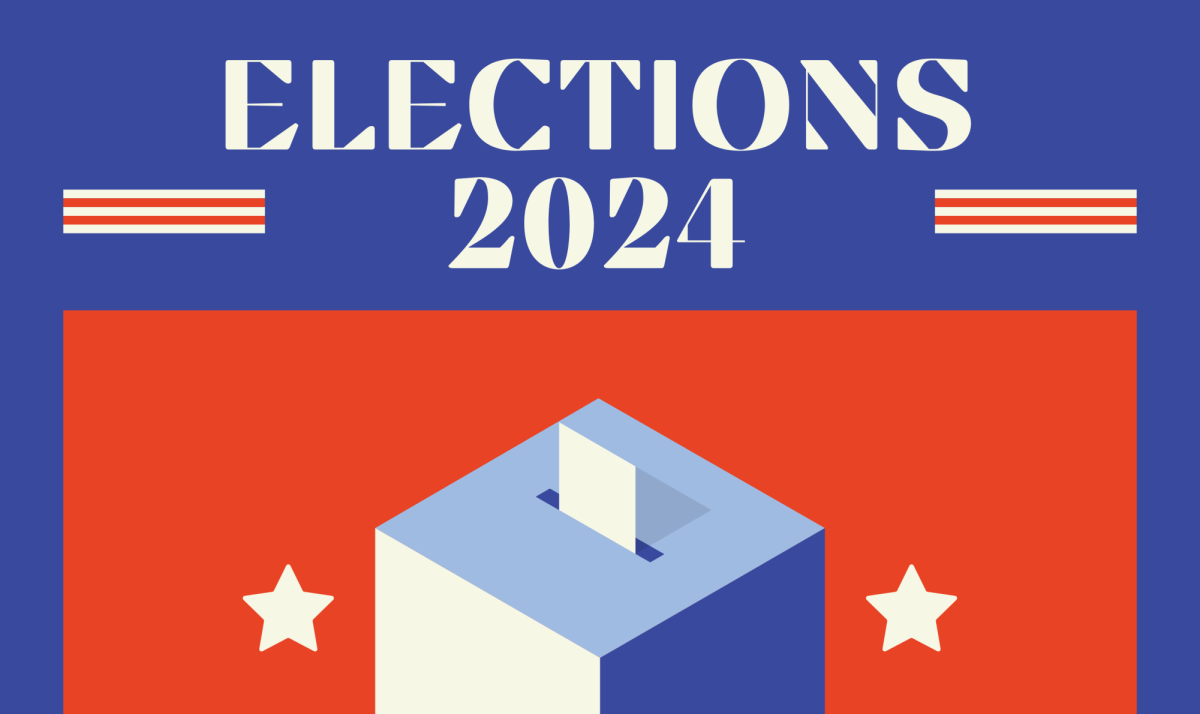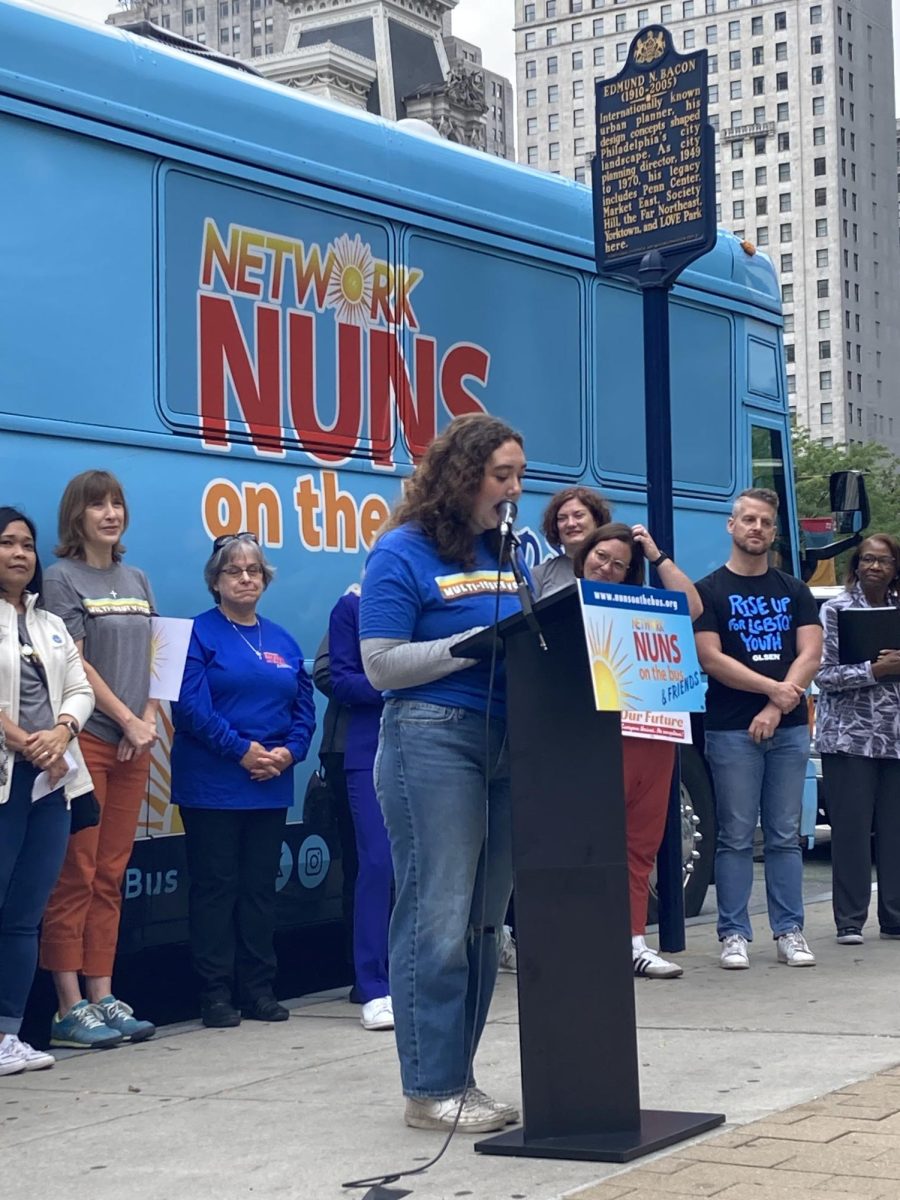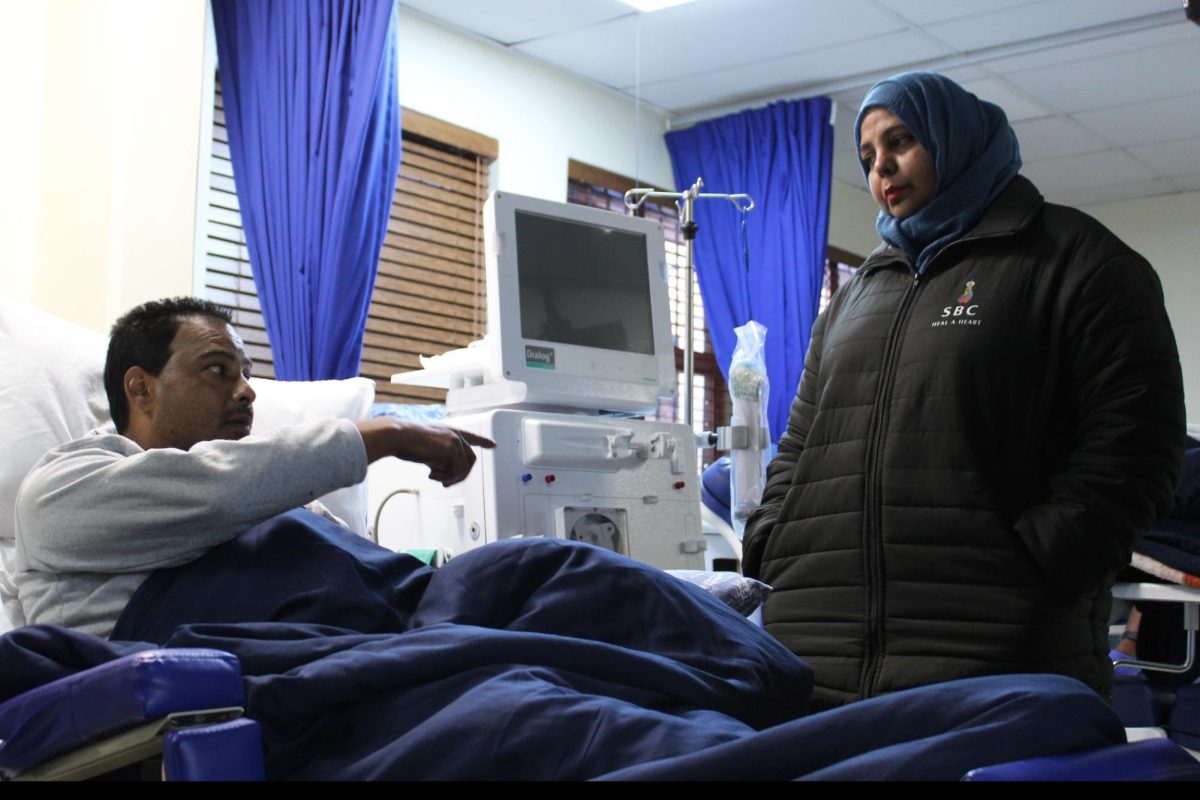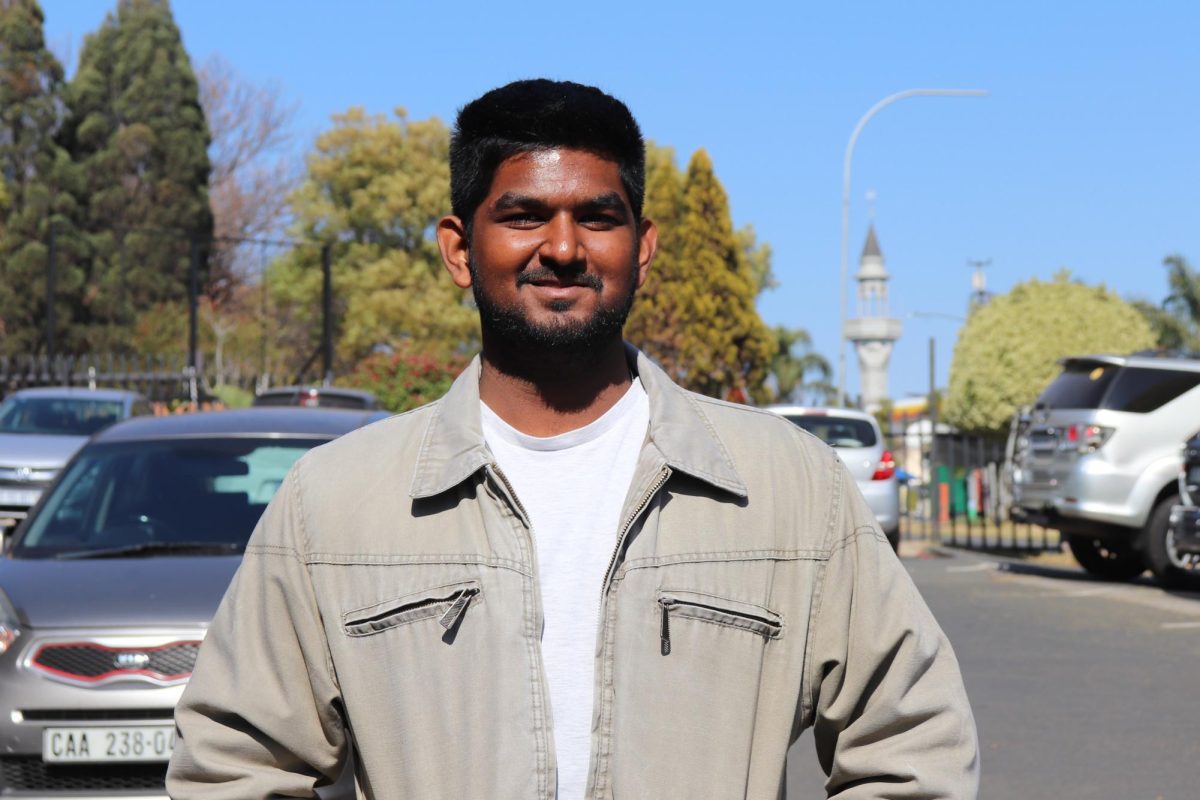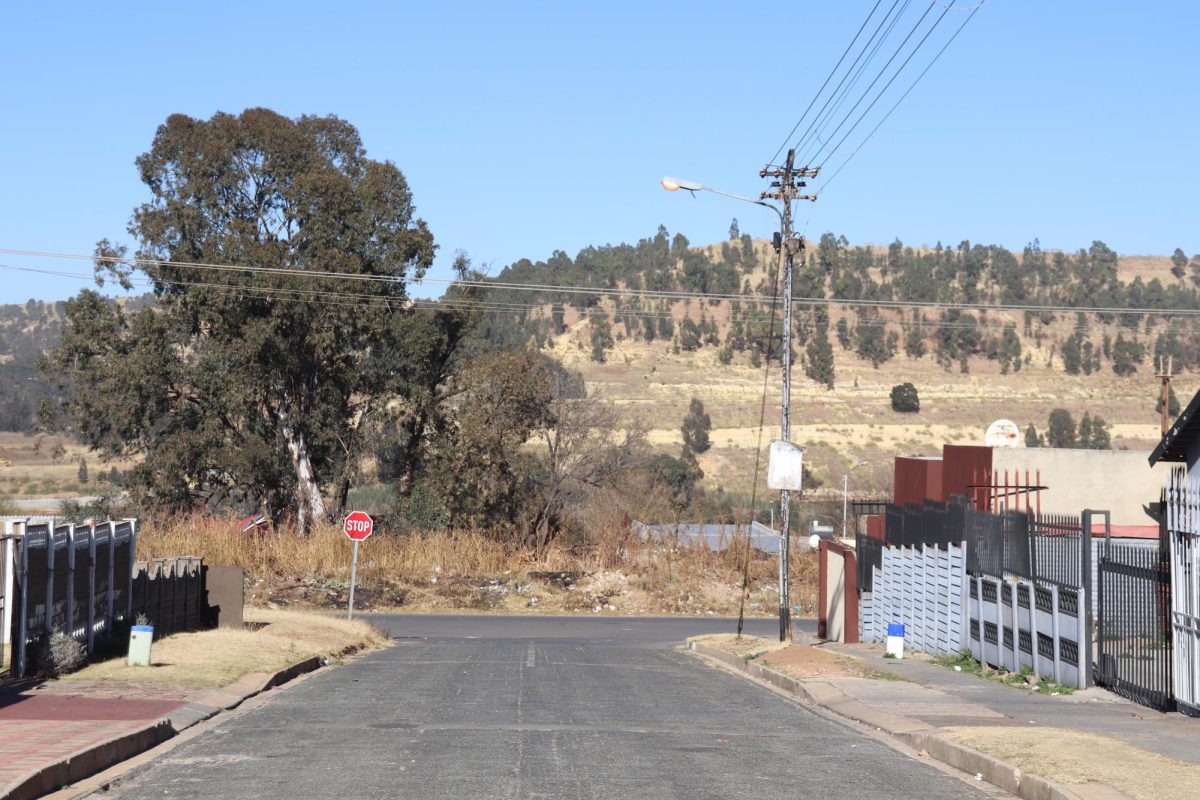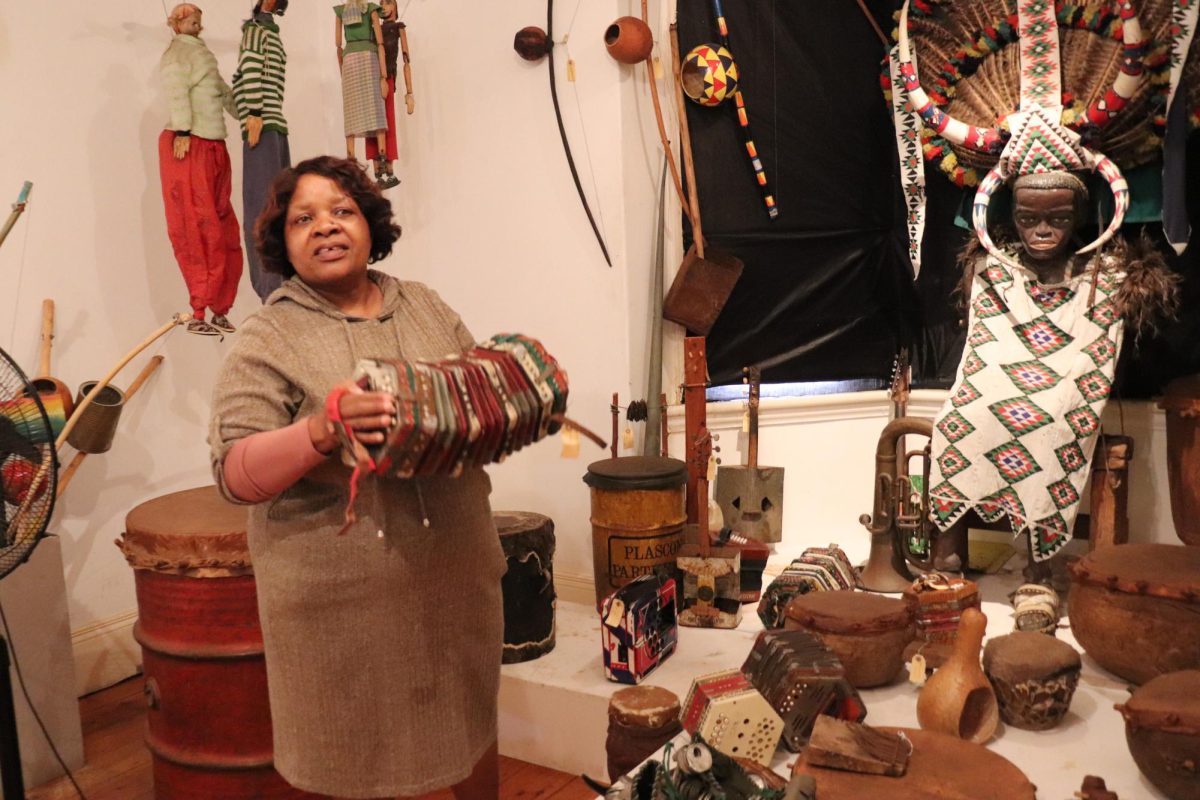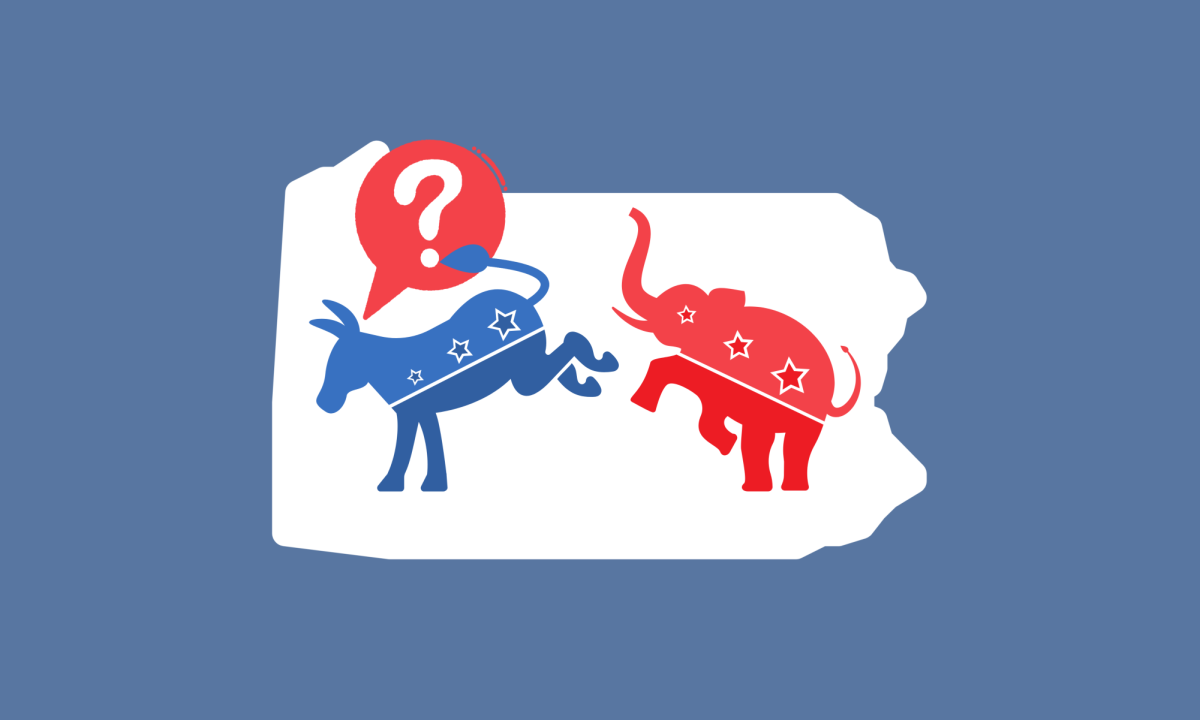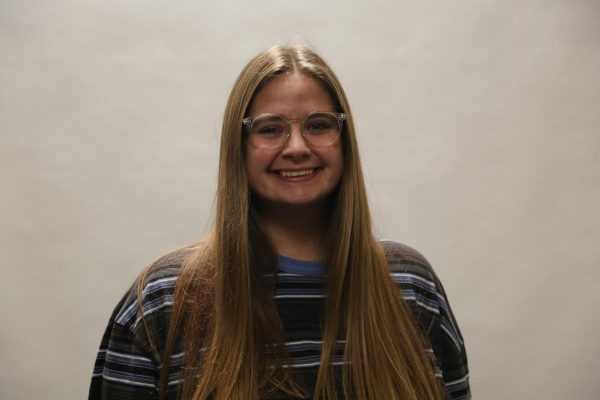National Coming Out Day, annually celebrated Oct. 11, recognizes LGBTQIA+ community members who are already out, who are coming out, who are not ready to come out and who cannot come out. This year, I am not celebrating two years of being out as bisexual publically, or a year since I changed my pronouns to she/they; I am celebrating the lifelong journey of coming out to myself.
When I began college in fall 2020 at St. Joe’s, I identified as a cisgender, straight woman. I used a flat iron on my hair almost every day, I hardly ever skipped a day of wearing mascara and half of my shirts had flowers or butterflies all over them. I wouldn’t wear a shirt in a size bigger than a medium and I squeezed myself into jeans I could barely put on, all to present myself in a way I thought men would find attractive. But as time slowly went on during the peak of the covid-19 pandemic and I adjusted to living on my own for the first time, I couldn’t help but acknowledge something didn’t feel right.
When I finally came to terms with the fact that I was attracted to women, I asked myself, “Do I like her or do I just want to be like her?”
I began to question my entire past relationships and attraction to men. I did a web-wide deep dive into bisexuality, only to stumble upon the myths and stereotypes of bisexual people. As I began to come to terms with my identity, I also came to terms with the discrimination I knew I would face the moment my newfound label left my mind and entered the public sphere of my family and friends.
My body trembled like the ground during an earthquake every time I asked, “Can I tell you something?” to someone in my life. And every time I said, “I’m bisexual,” I believed it more and more each time.
But I realized coming out isn’t this small period of my life that consists of me telling people my sexuality. Coming out is a lifelong process of growing into the person the younger version of me never got to explore. It is a process of working through stereotypes, of allowing myself to occupy LGBTQ spaces and accepting that sometimes, someone’s homophobia isn’t an opportunity to educate. Educating them can’t and shouldn’t always be my job. Coming out is a process that led me to question other facets of my identity, including my gender.
So, this Oct. 11, I am celebrating by wearing striped, oversized T-shirts, men’s thrifted corduroy pants a few sizes too big, cuffed jeans and high tops. I am celebrating the ongoing process of being comfortable with myself. I am celebrating not only the label of my identity but also the process that it took for me to call it my own. I am celebrating all of the queer people who came before me who have created this space for me to be me, and all those who will come after.
I am celebrating myself, a genderqueer, bisexual person, in my final year of college, a person I never imagined I would be when I started at St. Joe’s over three years ago. Just know that no matter where you are in your queer identity process, National Coming Out Day is for you.

